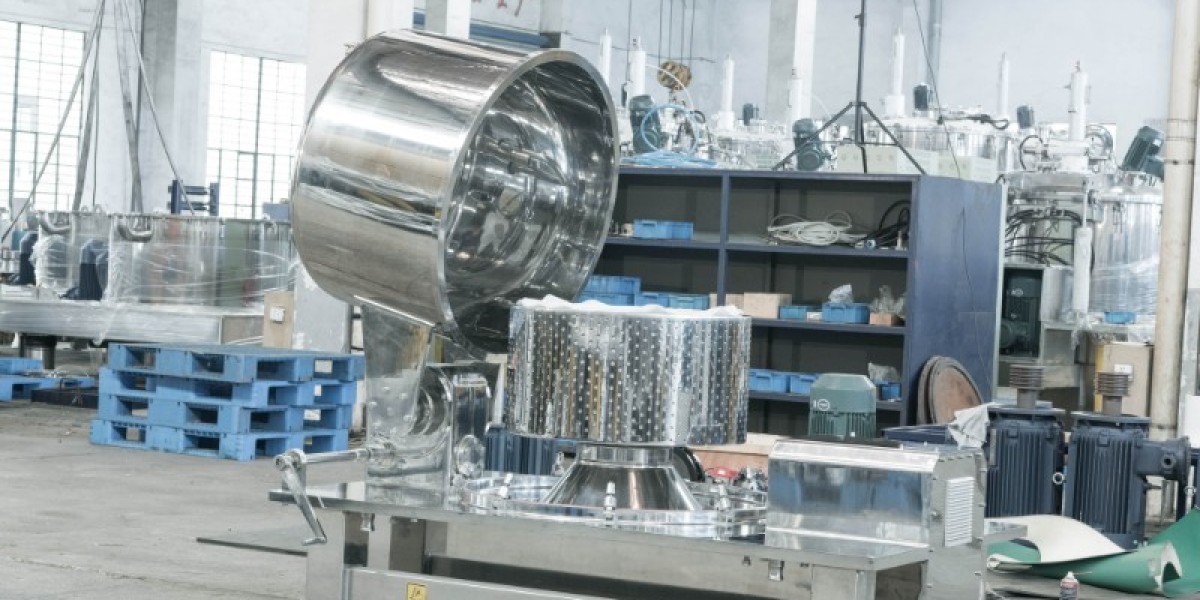In the fast-paced world of chemical processing, efficiency is paramount. Industries are constantly seeking innovative solutions to enhance productivity while maintaining quality. One such solution is the use of centrifuges, which play a crucial role in separating materials based on density. This article explores how centrifuges can maximize efficiency in chemical processing, providing insights into their advantages and applications.
Understanding Centrifuges in Chemical Processing
Centrifuges are mechanical devices that utilize centrifugal force to separate components of different densities within a mixture. In chemical processing, they are employed to separate solids from liquids, purify compounds, and recover valuable materials. The principle behind centrifuges is simple: as the mixture is spun at high speeds, denser materials move outward while lighter materials remain closer to the center. This effective separation process not only enhances product quality but also streamlines operations.
Advantages of Using Centrifuges
One of the primary advantages of centrifuges is their ability to significantly reduce processing time. Traditional separation methods can be time-consuming and labor-intensive. In contrast, centrifuges operate efficiently, allowing for rapid separation and minimizing downtime. This speed translates into increased throughput, enabling chemical processing facilities to meet growing market demands without compromising quality.
Moreover, centrifuges are highly versatile and can be tailored to meet specific processing requirements. Different types of centrifuges, such as disc stack, tubular, and basket centrifuges, can be utilized depending on the nature of the materials being processed. This adaptability makes centrifuges an invaluable asset in various chemical applications, from pharmaceuticals to food processing.
Enhancing Product Quality with Centrifuges
Centrifuges not only improve efficiency but also enhance the quality of the final product. By ensuring thorough separation of impurities and contaminants, they help in producing purer substances. This is particularly critical in industries like pharmaceuticals, where product integrity is essential. The precision of centrifuges ensures that chemical processes yield consistent results, reducing the risk of batch variability and enhancing overall product reliability.
In addition to improving product quality, centrifuges also contribute to waste reduction. By effectively separating valuable materials from waste streams, they facilitate recycling and recovery processes. This not only benefits the environment but also reduces operational costs, making centrifuges a sustainable choice for chemical processing.
The Role of Automation in Centrifuge Efficiency
The integration of automation technology in centrifuge systems further maximizes efficiency. Modern centrifuges can be equipped with advanced control systems that monitor and adjust operational parameters in real-time. This automation minimizes human error, optimizes performance, and ensures consistent results. Additionally, remote monitoring capabilities allow operators to oversee processes from a distance, enhancing operational flexibility and responsiveness.
Case Studies: Successful Implementation of Centrifuges
Numerous case studies highlight the successful implementation of centrifuges in chemical processing. For instance, a leading pharmaceutical company adopted centrifuge technology to streamline its production line. By replacing traditional filtration methods with centrifuges, the company achieved a 30% reduction in processing time and significantly improved product purity. Such examples underscore the transformative impact of centrifuges on operational efficiency and product quality.
Conclusion
In conclusion, centrifuges are essential tools for maximizing efficiency in chemical processing. Their ability to enhance separation processes, improve product quality, and reduce operational costs makes them invaluable assets in various industries. As technology continues to advance, the role of centrifuges will only grow, driving innovation and efficiency in chemical processing. Embracing centrifuge technology is not just a choice; it is a strategic decision that can propel businesses toward greater success.








